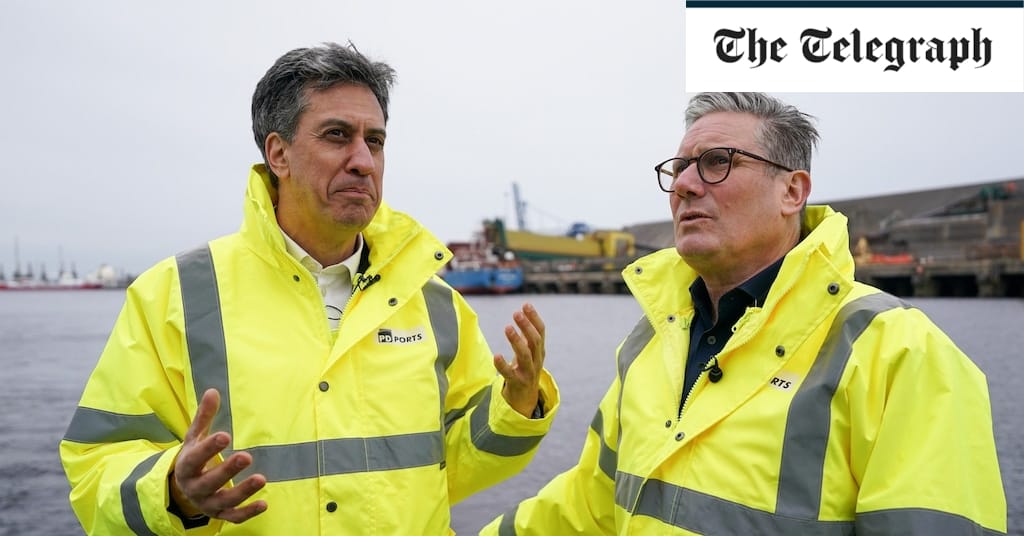The Rising Tide of Environmental Taxes
Amidst a slew of tax increases, the Office for National Statistics (ONS) has highlighted a significant surge in environmental taxes. These taxes, designed to combat climate change, have reached a new zenith, raising concerns about their impact on the economy. The ONS reports a 4.9% increase year-on-year, with the UK government collecting £52.5bn in 2023 from these green taxes, nearing pre-pandemic highs.
Fuel duty remains the largest contributor to this category, bringing in nearly £25bn. Other significant sources include the UK’s Emissions Trading Scheme and air passenger duty, which collectively contribute close to £10bn. As these levies grow, so does the burden on households and businesses, with the average household paying £623 in 2021, an increase from the previous year.
While the intent behind these taxes is to reduce emissions and encourage environmentally friendly practices, there is a growing concern that they are becoming a stealth tax. Critics argue that without offsetting these increases with cuts in other areas, the government risks overburdening taxpayers and stifling economic growth. The fear is that this could lead to a backlash against decarbonisation efforts and undermine public support for achieving net zero targets.
Experts suggest that environmental taxes could be balanced by lowering other taxes, thus maintaining revenue neutrality and transparency. For instance, income from emissions trading could be counterbalanced by reduced corporate taxes, or air passenger duty offset by a decrease in income tax. However, with no clear indications of such compensatory measures, skepticism remains high.
As political figures debate the introduction of new environmental levies, the call for clarity on corresponding tax reductions grows louder. The public’s waning enthusiasm for net zero ambitions reflects a broader discontent with perceived tax hikes under the guise of environmental stewardship. The challenge ahead lies in crafting a fiscal strategy that supports environmental goals without compromising economic vitality or public trust.






